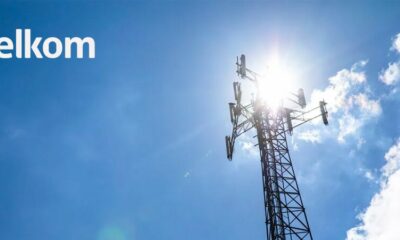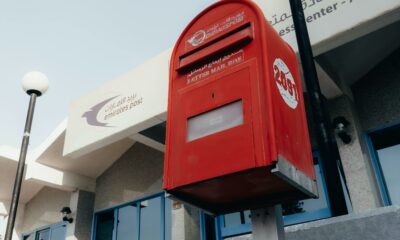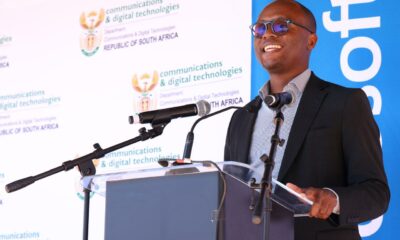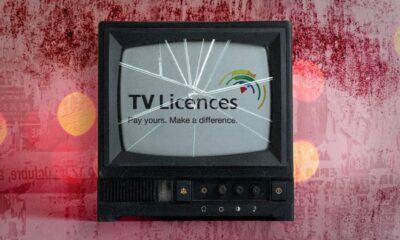Business
Bad News for Starlink Fans: South Africa’s Launch Faces More Delays Until 2027
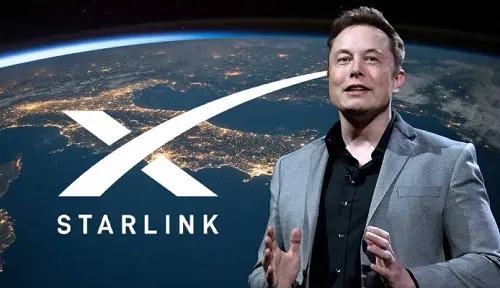
Starlink’s South African Launch Hits Another Roadblock
For months, South Africans have been eagerly waiting for the arrival of Starlink, the satellite internet service from Elon Musk’s SpaceX that promises high-speed connectivity in even the most remote areas. But according to new updates from the Department of Communications and Digital Technologies, that wait may stretch far longer than expected, possibly into 2027.
The department confirmed it aims to finalise a long-awaited Equity Equivalent Investment Programme (EEIP) policy by March 2026. Yet experts warn that by the time the policy is legally embedded into regulations, approved by Cabinet, and aligned with the Independent Communications Authority of South Africa (Icasa), the process could take years.
That means Starlink’s full rollout to local customers remains a distant dream.
Why Starlink Can’t Launch Yet
At the heart of the delay is South Africa’s 30% ownership requirement for telecom licence holders. Current ICASA regulations require all electronic communications providers to have at least 30% ownership by historically disadvantaged South Africans.
Starlink, like many international tech companies, doesn’t fit that ownership model. Instead, it supports EEIPs, a mechanism that allows multinational companies to meet empowerment goals through alternative investments such as funding education, local suppliers, digital skills programmes, and small business development.
However, ICASA’s current rules do not yet recognise EEIPs as a valid substitute for local ownership. Until those rules change, Starlink cannot obtain a direct telecom licence or offer its residential satellite service legally to South African customers.
The Government’s Timeline: Slow and Complex
Communications Minister Solly Malatsi gazetted a draft EEIP policy for the ICT sector in May 2025, inviting public comment. The department says it received an “enormous number” of responses and is still analysing and categorising them to ensure every perspective is addressed.
Once the EEIP policy is finalised, it must pass through the Cabinet Committee and Cabinet approval, followed by consultations with ICASA. Only then can ICASA begin the process of updating its regulatory framework.
According to telecommunications expert Dominic Cull, even with strong political will, the full process, including public hearings, regulatory amendments, and legal finalisation, could push Starlink’s realistic launch window to late 2027.
Starlink’s Offer: Internet for Schools and a Local Footprint
To demonstrate its commitment to South Africa, SpaceX has already approached the Department of Trade, Industry and Competition with an EEIP proposal worth R500 million. The plan includes free internet access for 5,000 schools and a R2 billion investment in local telecom infrastructure.
Starlink also intends to form a BEE-compliant South African subsidiary once ICASA’s rules align with national empowerment laws. The company’s Market Access Director, Ryan Goodnight, has confirmed that this structure would allow SpaceX to meet empowerment goals while keeping Starlink’s local operations sustainable.
What This Means for South Africans
For now, local internet users hoping for Starlink’s affordable, high-speed satellite service will have to be patient. While Starlink’s technology could be transformative for rural schools, farms, and businesses, its arrival depends entirely on South Africa’s legal and regulatory progress.
The irony is that the very policies designed to ensure inclusivity are slowing access to a service that could bridge the country’s digital divide.
Still, optimism remains. Once ICASA updates its ownership rules and the EEIP model is formally recognised, Starlink will finally be able to apply for a licence and connect South Africans directly, possibly transforming the internet landscape as we know it.
Until then, the dream of stable, satellite-powered Wi-Fi for every corner of the country stays just out of reach.
Also read: Akademia Opens New Paarl Campus: A Landmark for Afrikaans Higher Education
Follow Joburg ETC on Facebook, Twitter, TikT
For more News in Johannesburg, visit joburgetc.com
Source: MyBroadband
Featured Image: CediRates



